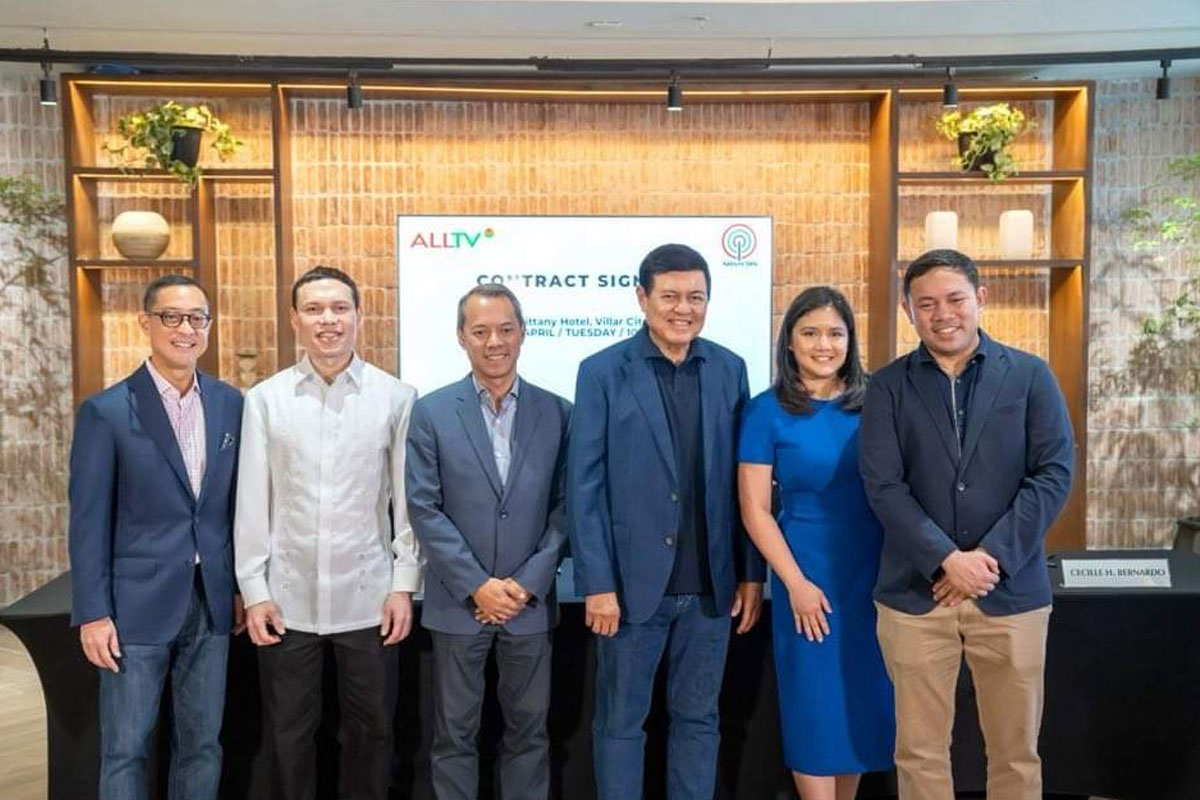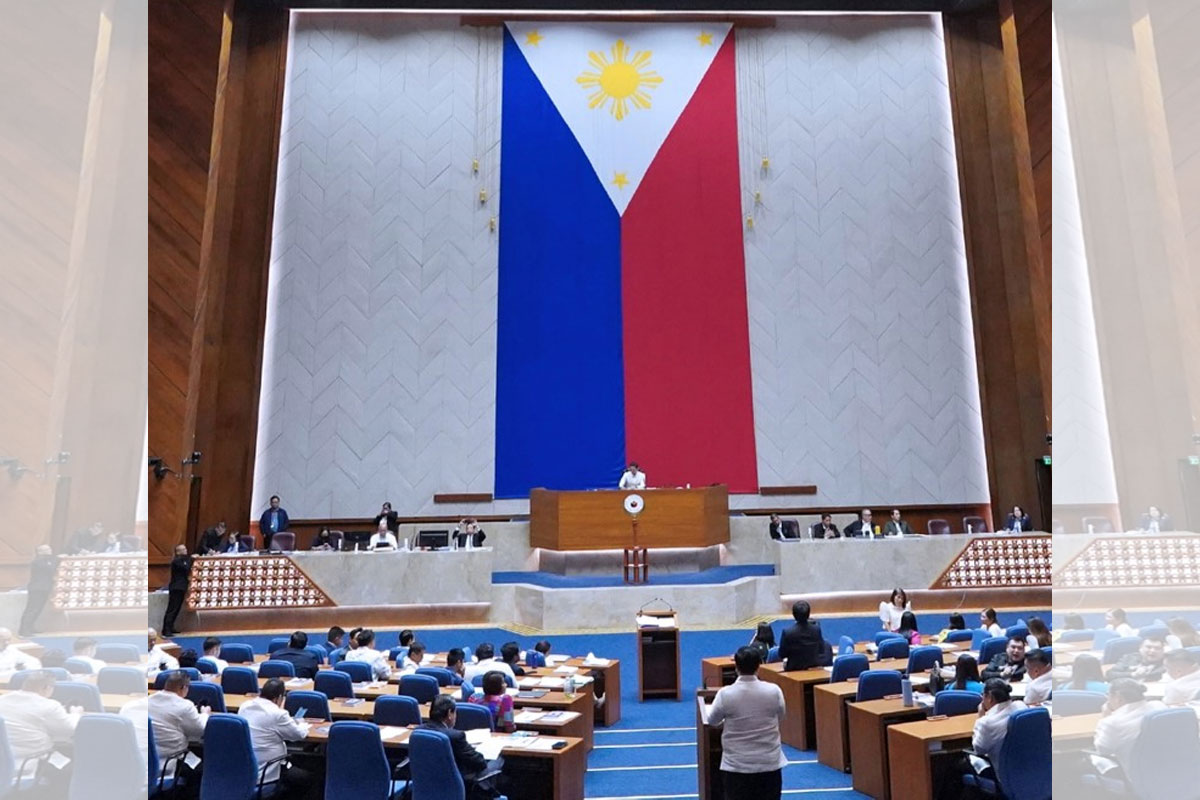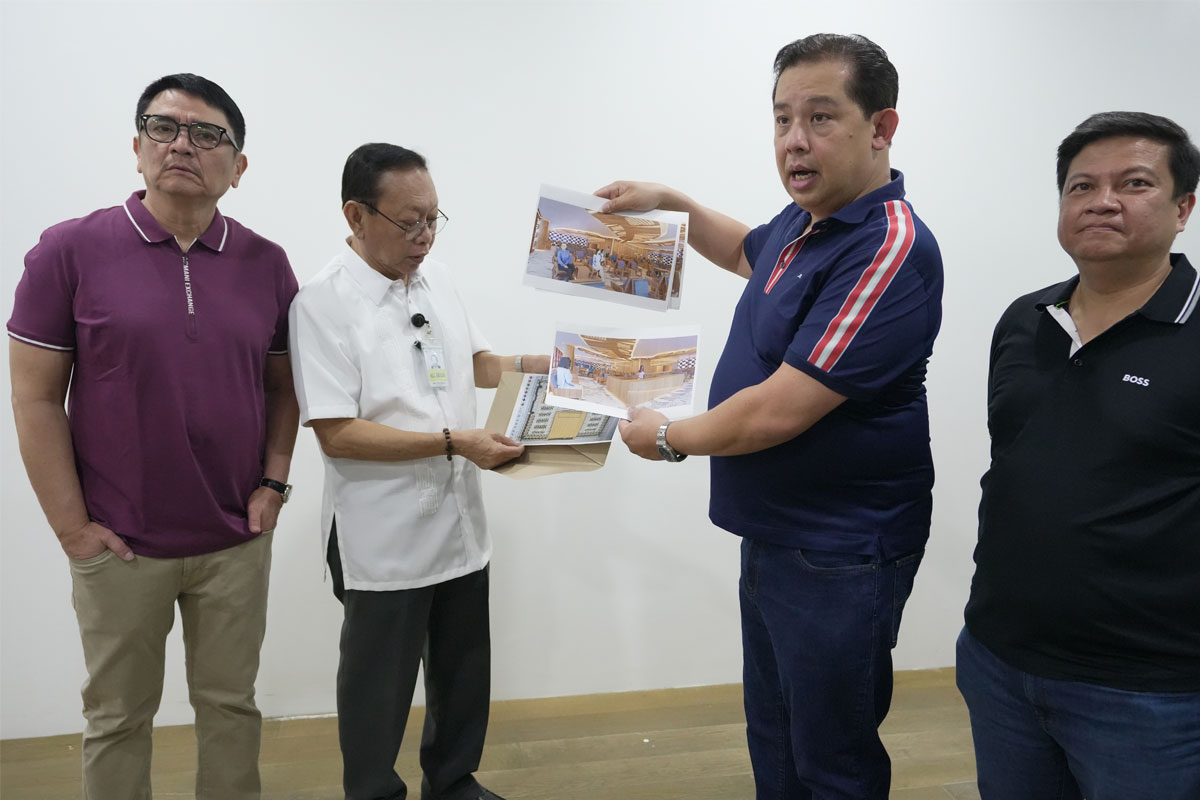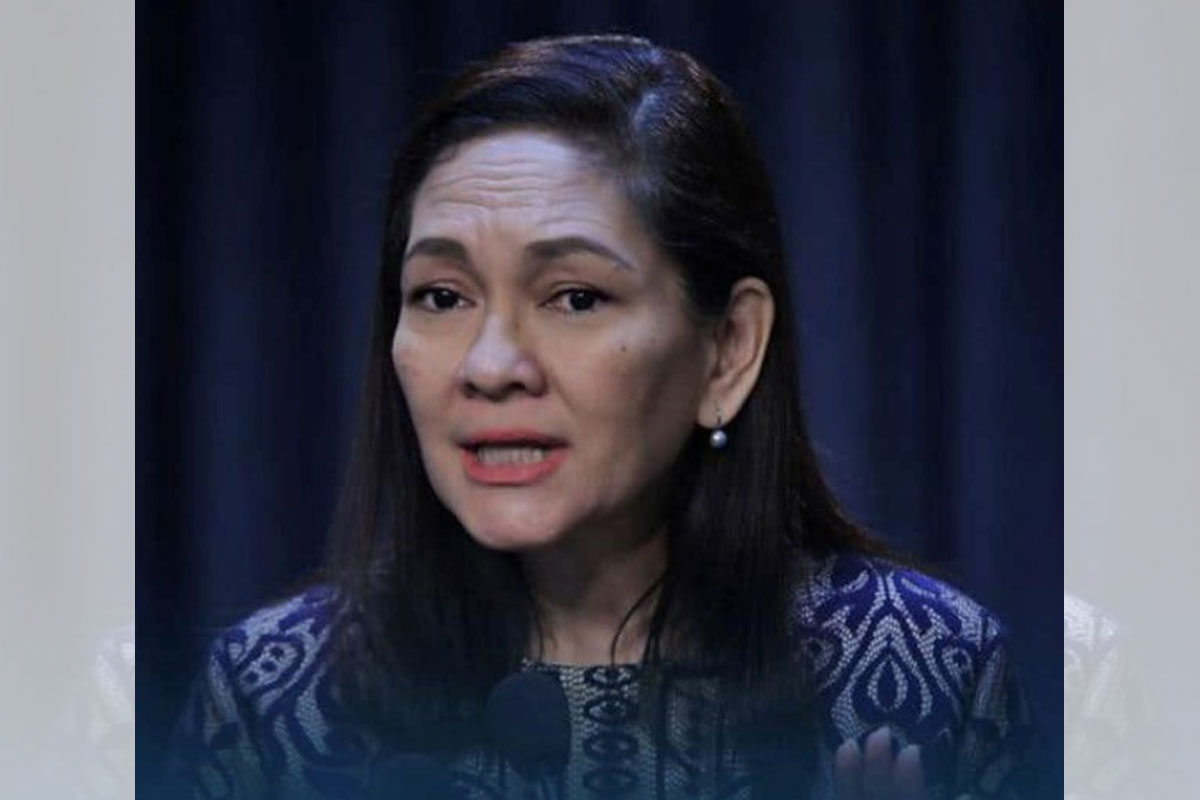
Strict ‘second border’ inspection to curb smuggling of agri products – DA
To curtail the entry of smuggled agricultural commodities into the country, the Department of Agriculture (DA) and the Bureau of Customs (BOC) have forged an agreement that will strengthen the “second border” inspections.
DA Secretary William Dar and BOC Commissioner Rey Leonardo Guerrero recently signed the memorandum of agreement to implement a new set of measures not only to curtail the entry of smuggled agricultural commodities but also to ensure an optimum level of food safety for Filipino consumers.
Dar added that they also agreed create a technical working group (TWG) to review the 15-year-old guidelines and procedures on handling imported food items.
“Our goal is to curb the entry of smuggled agri-fishery products, while ensuring consumer safety in accordance with the provisions of Republic Act No. 10611 or the ‘Food Safety Act of 2013’ and other applicable laws,” Dar said.
To do this, the two agencies will implement an intensified and stricter second border inspection and control procedures to ensure that all imported agricultural commodities will be monitored for food safety. The inspection will also include investigation of misdeclared goods, and violators will be penalized accordingly.
As part of the renewed and strengthened DA-BOC anti-smuggling efforts, Dar said all fresh and frozen agri-fishery cargoes will still undergo an “open-close” examination at the “first border” or port of entry, but will now be subjected to a stricter 100-percent inspection once they arrive at the designated warehouses or “second border.”
“This measure will only be temporary pending the completion of the first border facilities that will be constructed by the DA at major ports, starting in Subic, called as Commodity Examination Facility for Agriculture,” Dar added.
Dar, meanwhile, disclosed that the TWG will be chaired by agriculture assistant secretary for regulations Liza Battad, and co-chaired by DA assistant secretary for economic intelligence Federico Laciste, BOC deputy commissioner intelligence group Raniel Ramiro and assistant commissioner for post-clearance audit group Vincent Phillip Maronilla.
The TWG will help establish sanitary and phytosanitary measures, food safety standards, and other regulatory measures in conducting first/second border inspection and control procedures.
The members of the TWG include respective heads of DA regulatory agencies – like the bureaus of plant industry, animal industry, and fisheries and aquatic resources, as well as the National Meat Inspection Service – and concerned BOC officers.
Section 12 of the Food Safety Act states that “Imported foods shall undergo cargo inspection and clearance procedures by the DA and the DOH (Department of Health) at the first port of entry to determine compliance with national regulations. This inspection by the DA and the DOH shall always take place prior to assessment for tariff and other charges by the BOC.”
The BOC, on the other hand, has also committed to provide the concerned DA attached agency with the inward foreign manifest and bill of lading of all agri-fishery shipments to enable them to identify shipments requiring food safety inspection.
“This will also allow us to cross-check our records and identify the shipper and recipient of the cargoes containing agri-fishery products,” Dar said.
“We can verify with the BOC, in real-time, the correctness of all the documents from the importers, including the details of all the food items and the owners of the cargoes,” he added.
















